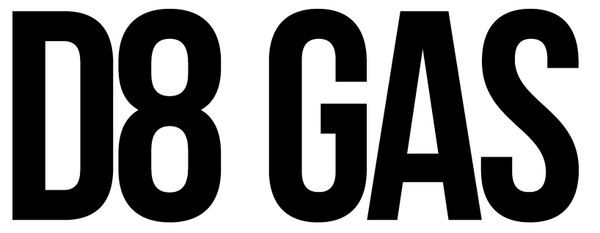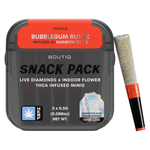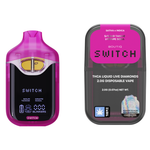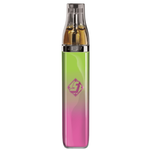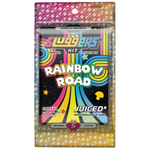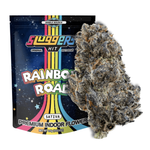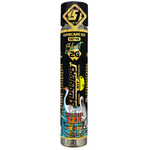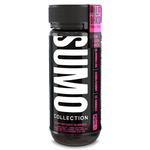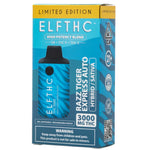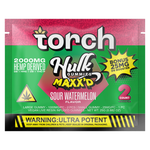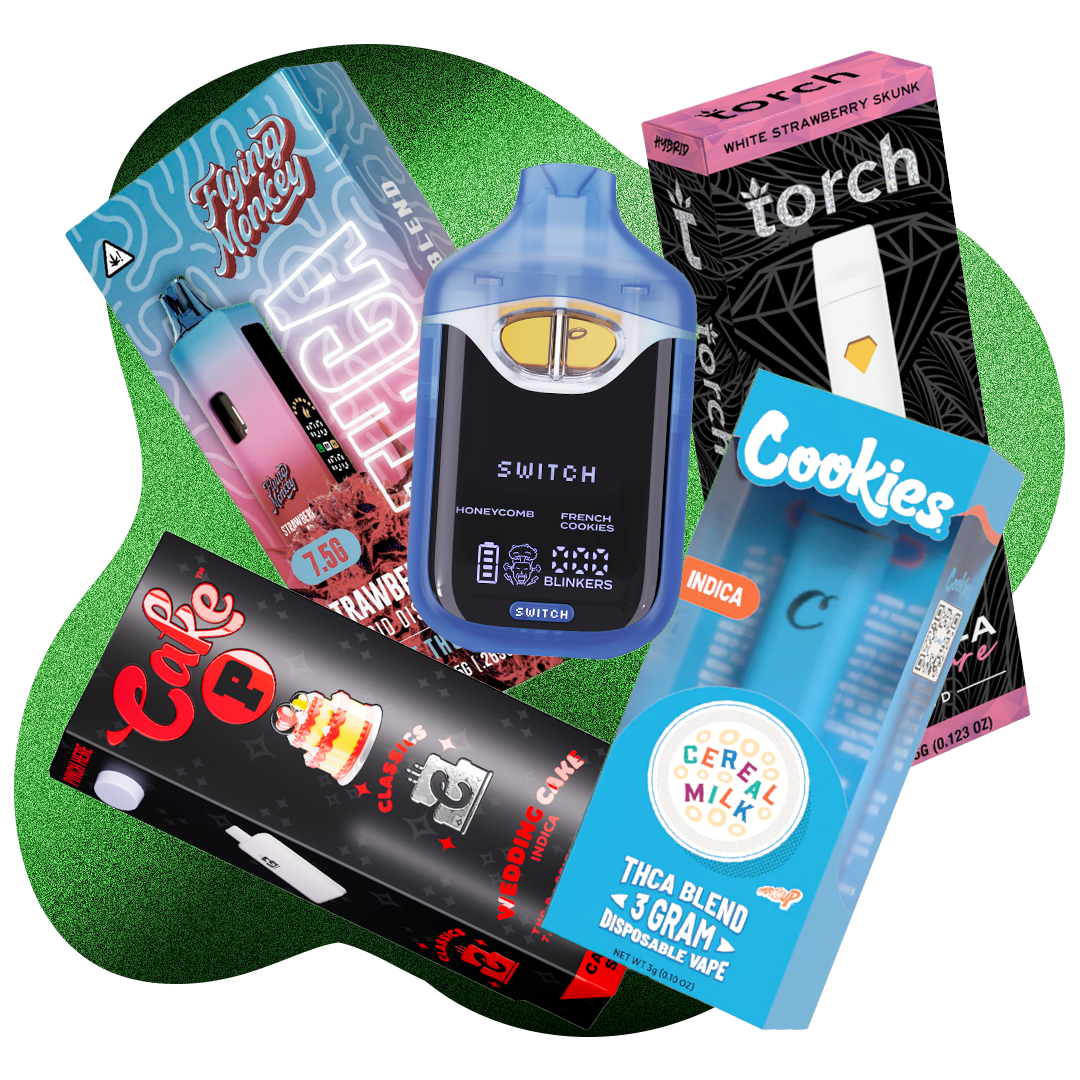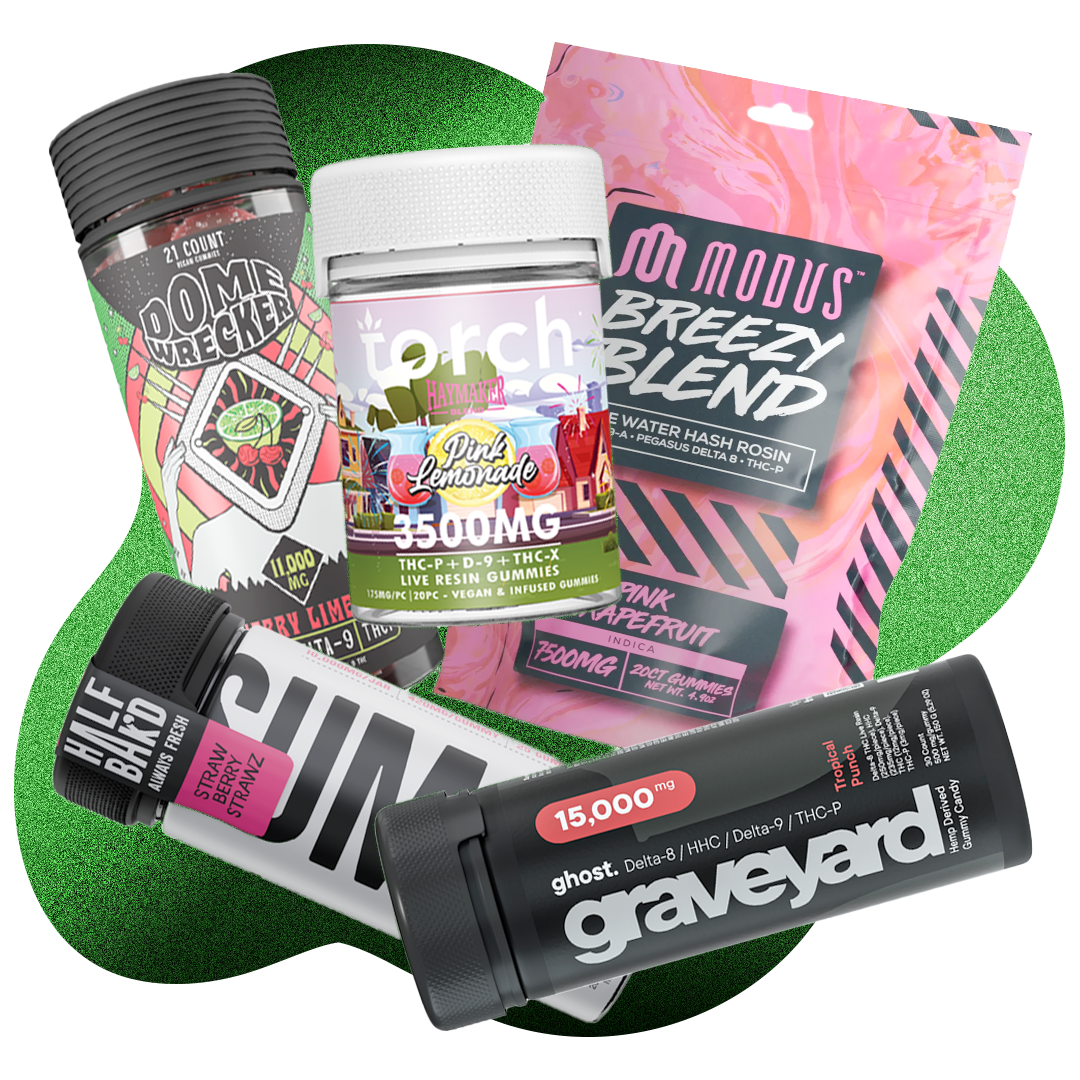Move over THC and CBD; HHC is the new sensation in town. With the hemp industry witnessing an exponential rise, it’s no surprise that new cannabinoids have piqued the interest of producers and consumers.
Like THC, HHC is also making waves for the psychoactive properties associated with it. However, like THC, HHC is not found naturally in the cannabis plant.
- So, what is HHC? How is it made?
- How Long Does The HHC Effect Take To Kick In?
- What are its Benefits?
- Does HHC get you high?
- Will it show on drug tests?
- Is it legal?
And much more.
Since HHC is a newly discovered cannabinoid, you may be curious and have doubts. But fret not—in this blog, we will explain everything about this less-discovered compound.
Read More: Live Resin vs Live Rosin Difference
Read More: Live Resin vs Live Rosin Difference
What is HHC(Hexahydrocannabinol)?
Hexahydrocannabinol is a less-known cannabinoid found in the cannabis plant. It is a hydrogenated form of THC, meaning that it has been chemically modified to include hydrogen atoms. Although HHC is present in cannabis, it occurs in such tiny amounts that extracting it from the plant for commercial use is not practical.

How is HHC Made?
HHC was first synthesized in 1944 by American chemist Roger Adams. He created it by adding hydrogen molecules to THC through a process called hydrogenation.
Like how vegetable oil gets converted into margarine, hydrogenation breaks the double bonds in THC's molecular structure and replaces them with hydrogen atoms. This converts THC into HHC. The process increases the cannabinoid's stability and shelf-life, making it more suitable for commercial use.
In 2020, Spanish researchers discovered that HHC occurs naturally in cannabis, though in very small amounts. Due to its low concentration, extracting it directly from the plant is not financially viable.
HHC is a modified version of THC with hydrogen atoms added, which removes the double bond in the cyclohexene ring. This makes the molecule saturated. The absence of the double bond changes how HHC interacts with cannabinoid receptors, usually resulting in milder effects compared to THC.
Read More: Delta 8 THC vs HHC
How Does HHC Work?
Since most HHC products are made from synthetic HHC, an analog of tetrahydrocannabinol (THC), it is believed to work in a similar way to THC by interacting with the body’s endocannabinoid system.
HHC primarily interacts with CB1 receptors in the brain and nervous system. These receptors are involved in regulating mood, perception, and appetite. Because HHC has a different molecular structure compared to THC, it binds to CB1 receptors differently, often leading to milder or different effects compared to THC. HHC may also interact with CB2 receptors, which are found mainly in the immune system and are involved in pain and inflammation regulation. This interaction can contribute to HHC's potential anti-inflammatory and analgesic effects.
Due to the structural changes, HHC does not fit into cannabinoid receptors as precisely as THC does. This can lead to different psychoactive effects and overall experience.
How Long Does The HHC Effect Take To Kick In?
The time it takes for HHC products to onset depends on various factors, such as the method of consumption, dosage, tolerance, and metabolism. If HHC is taken in the form of edibles or capsules, the onset of effects may take from 30 minutes to two hours or more, depending on the system. This is because the HHC must be absorbed via the digestive system before it can enter the bloodstream and reach the brain. If HHC is vaporized and inhaled, the onset of effects will be quicker because the HHC is absorbed directly and hits your bloodstream through the lungs, reaching the brain more quickly and effectively.What Are The Benefits of HHC?
HHC is not a commonly known or widely available compound; there is limited research on its effects. However, some researchers have vouched for its therapeutic effects.
- HHC is known for its relaxed, calm, and uplifting properties, as per anecdotal experience.
- Some users have also reported feeling more alert and focused.
- HHC has been shown to have analgesic properties and anti-inflammatory effects, which might help manage chronic pain. This can provide relief for conditions characterized by inflammation, such as cancer, multiple sclerosis, and neuropathic pain.
- HHC is known to promote sleep and reduce insomnia.
- HHC has been shown to increase appetite, which may be beneficial for people with conditions such as HIV/AIDS or who experience loss of appetite.
- Users often find HHC more calming than energizing.
- HHC may have properties that alleviate nausea and vomiting, which could be helpful for individuals undergoing chemotherapy or similar treatments.
HHC interacts with the endocannabinoid system, a network in the body that regulates various functions, including sleep, mood, appetite, memory, reproduction, and fertility. This interaction can influence these functions, leading to different physiological effects.
Read More: Indica vs Sativa vs Hybrid Strains Difference
Does HHC Get You High?
HHC is different from THC, but it does produce similar effects when used enough. While there’s limited research available, some reports suggest that HHC may produce mild psychoactive effects.
Several reports have suggested HHC high as being somewhere between Delta 8 and Delta 9 THC.
Is HHC Safe: What You Need To Know?
HHC is relatively new to the market, with limited research on its long-term safety and effects. Much of what is known comes from anecdotal evidence and early studies. However, since its structure is similar to that of THC, HHC is generally considered safe. However, there are some points that you must consider. They include:
- Start with a low dosage: For the users of THC, HHC may appear milder. However, it's still recommended to start with a lower dose. Chalk out what works for you by gradually increasing the dosage.
- Potential side effects: Beginners should also be familiar with the potential side effects of HHC. Like other cannabinoids, HHC may cause side effects such as dry mouth, dizziness, changes in appetite, and possible impairment of coordination, especially with higher doses.
- Drug Interactions: HHC might interact with certain medications. If you're taking other drugs, especially those affecting the central nervous system or those metabolized by the liver, consult a medical provider before using HHC.
- Personal Reaction: Everyone's body reacts differently to cannabinoids. Dosing, individual tolerance, and metabolism can affect how HHC impacts you.
Before starting any new cannabinoid, including HHC, especially if you have existing health conditions or are taking other medications, it's best to consult a healthcare professional to ensure it's safe for you.
Will HHC Show Up On A Drug Test?
HHC has milder psychoactive effects when compared to THC. So, does it show up on a drug test? Recent studies suggest that HHC metabolites can indeed trigger +++ results on drug tests designed to detect THC.
This is because HHC and THC share similar chemical structures. When metabolizing HHC in the body, it may produce compounds chemically identical to THC. This similarity can lead to cross-reactivity in drug tests.
If you are subject to drug testing for employment or legal reasons, be aware that using HHC could affect your results. This is especially important for individuals who are in roles requiring strict drug testing.
Read More: What are cannabis Concentrates?
Is HHC legal?
With many states across the US legalizing marijuana after Congress passed the 2018 Farm Bill, the hemp plant has become the go-to source of cannabinoids, making HHC legal in most states.
Although many states have legalized hemp-derived products complying With the Farm Bill, some states may have their laws regarding synthetic cannabinoids, which may include HHC.
You can check the State medical cannabis laws as of 2024.
Read More: Cannabis Strains For Productivity
Concluding — Is it possible to get a false positive on the HHC drug test?
Yes. False positives on drug tests are possible. For example, if the equipment is faulty, there is a strong possibility of false positives. In addition, certain medications might interfere with drug test results and produce a false positive. Since HHC metabolites can be similar, these tests might not distinguish between THC and HHC.
It’s worth noting that HHC is not a commonly tested metabolite in standard drug tests. Most drug tests for cannabis use will test for THC or its primary metabolite, THC-COO. However, if someone does an HHC-specific test, it’s likely to show a false positive result due to the abovementioned factors.
More advanced and specific testing methods, such as those used in specialized drug testing labs, might be able to differentiate between cannabinoids, though they may not always be readily available.
If you are worried about a potential false result, we advise you to inform the testing agency beforehand. This will ensure the least amount of risk associated with the process.

